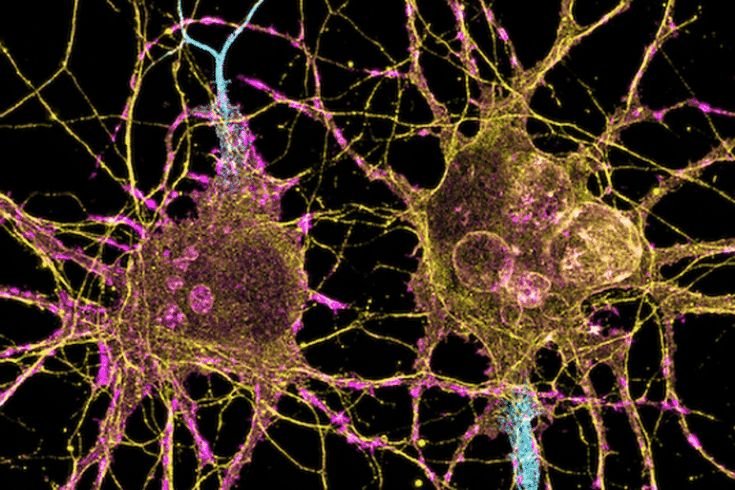
Overview of Motor Neuron Disease (MND)
Definition and Types of MND
Motor Neuron Disease (MND) is a progressive neurological condition that affects the nerve cells controlling muscles. It is characterized by the gradual degeneration and eventual death of motor neurons in the brain and spinal cord. This leads to muscle weakness, impairment in speaking, swallowing, and breathing. There are different types of MND, with Amyotrophic Lateral Sclerosis (ALS) being the most common form. ALS specifically affects both the upper and lower motor neurons.
Causes and Risk Factors
The exact causes of MND are still not fully understood. However, research suggests a combination of genetic and environmental factors contribute to its development. Some genetic mutations have been linked to certain forms of MND. Risk factors for MND may include increasing age, a family history of the disease, and certain genetic mutations. Environmental factors such as exposure to toxins or chemicals may also play a role in increasing the risk of developing MND. Early diagnosis and management are crucial in improving the quality of life for individuals affected by MND.
Symptoms and Diagnosis of MND
When it comes to Motor Neuron Disease (MND), understanding the symptoms and receiving a timely diagnosis is essential for effective management. The progression of MND presents a variety of symptoms that can impact an individual’s daily life. Some.
common symptoms of MND:
include muscle weakness, difficulty with coordination, muscle cramps, twitching, and eventually paralysis. These symptoms typically worsen over time as the disease advances.Diagnosing MND can be challenging as it shares similarities with other neurological disorders. Healthcare professionals use a combination of clinical assessments, physical exams, and various diagnostic tests to confirm MND. Common.
diagnostic tests for MND:
include electromyography (EMG), nerve conduction studies, magnetic resonance imaging (MRI), and blood tests. These tests help in assessing the function of motor neurons, identifying muscle abnormalities, ruling out other conditions, and monitoring disease progression.Early detection and diagnosis of MND are crucial in providing appropriate care and addressing symptoms effectively to maintain the best possible quality of life for individuals living with this condition.
Treatment Options for MND
When it comes to managing Motor Neuron Disease (MND), understanding treatment options plays a crucial role in improving the quality of life for affected individuals.
Medications and therapies:
are essential components of MND treatment. Medications like Riluzole may help slow down disease progression, while therapies such as physical therapy and speech therapy can assist in maintaining muscle function and communication abilities.In addition to medications and therapies,
assistive devices and supportive care:
are invaluable in enhancing daily living for individuals with MND. Assistive devices like wheelchairs, communication aids, and home modifications can help in overcoming physical limitations and promoting independence. Supportive care from a multidisciplinary team comprising healthcare professionals, social workers, and caregivers is essential for holistic management of MND.By combining medications, therapies, assistive devices, and supportive care, individuals with MND can receive comprehensive care to address symptoms effectively and maintain an optimal quality of life despite the challenges posed by the disease.
Progression and Prognosis of MND
Progression and Prognosis of Motor Neuron Disease (MND) are significant aspects that impact individuals and their loved ones. Understanding the
stages of MND:
can help in providing appropriate care and support at each phase. The stages typically include early, middle, and late stages, each presenting unique challenges related to mobility, communication, and daily activities. As the disease progresses, individuals may require increasing assistance and specific interventions to manage symptoms effectively.
Factors affecting the prognosis:
of MND vary from person to person but commonly include age at diagnosis, the rate of disease progression, respiratory function, and nutritional status. Early diagnosis and prompt initiation of treatment can positively influence outcomes and improve quality of life. However, MND is a progressive condition with no known cure, and the prognosis can be challenging to predict accurately for each individual.By recognizing the stages of MND and understanding the factors that affect prognosis, healthcare providers and caregivers can tailor care plans to meet the specific needs of those living with the disease, offering support and comfort throughout their journey.
Also Read: Understanding MND Motor Neurone Disease: Symptoms, Causes,..
Research and Clinical Trials on MND
Research and Clinical Trials on Motor Neuron Disease (MND) play a crucial role in advancing our understanding of the condition and exploring potential treatment options.
Current research studies:
focus on identifying biomarkers, investigating genetic factors, and evaluating novel therapeutic approaches to manage MND symptoms and slow disease progression. These studies aim to enhance diagnostic methods and develop more effective interventions tailored to individual needs.
Opportunities for participation:
in clinical trials provide individuals with MND and their families a chance to contribute to scientific advancements and access cutting-edge treatment options. By participating in these trials, patients may benefit from early access to potentially beneficial therapies and contribute to the collective knowledge base in MND research.Engaging with ongoing research and clinical trials not only fosters hope for advancements in MND management but also empowers individuals affected by the disease to play an active role in shaping the future of treatment strategies. Through active participation and collaboration, the MND community can work towards improving outcomes and quality of life for those impacted by this challenging condition.
